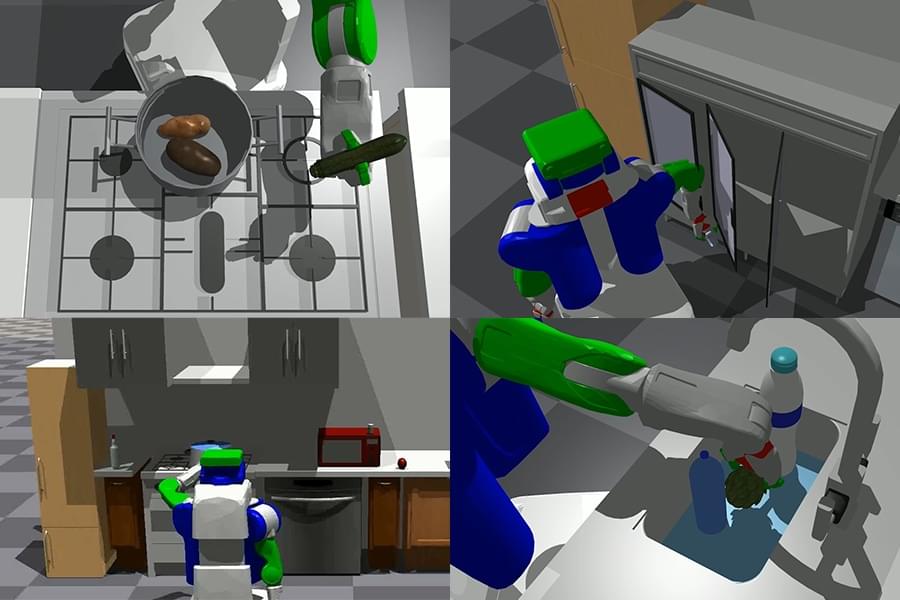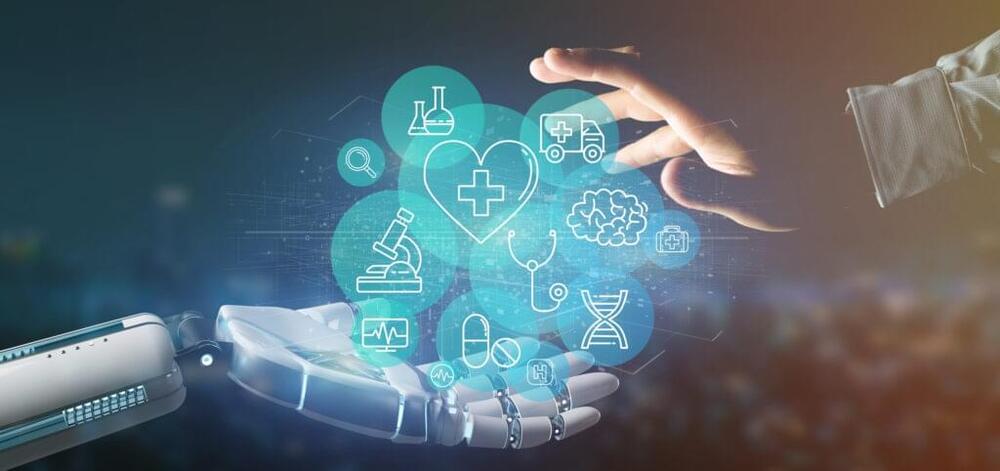Jul 9, 2023
OpenAI makes GPT-4 generally available
Posted by Kelvin Dafiaghor in categories: innovation, robotics/AI
OpenAI today announced the general availability of GPT-4, its latest text-generating model, through its API.
Starting this afternoon, all existing OpenAI API developers “with a history of successful payments” can access GPT-4. The company plans to open up access to new developers by the end of this month, and then start raising availability limits after that “depending on compute availability.”
“Millions of developers have requested access to the GPT-4 API since March, and the range of innovative products leveraging GPT-4 is growing every day,” OpenAI wrote in a blog post. “We envision a future where chat-based models can support any use case.”


















